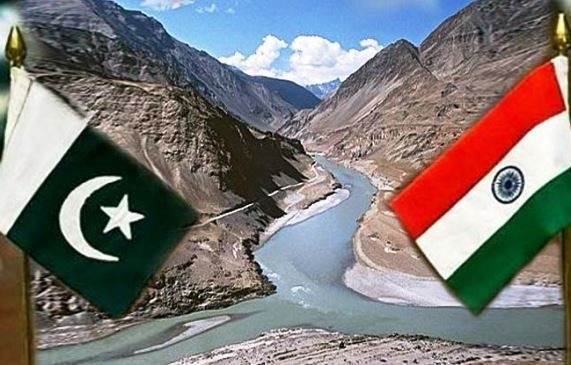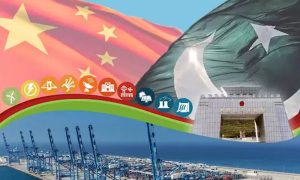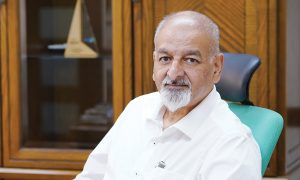Although it is one of the best example of poor and delayed planning and decision making by the governments, Pakistan has finally decided to take up Kishanganga and other dams and water issues by India with world bank.
Pakistan Ambassador to the United States Aizaz Chaudhry while addressing a seminar titled “Pakistan and the United States a Lasting Partnership” remarked that the country intends to take up plans of Indus Waters Treaty (alternatively known as the Sindh Taas Agreement), Kishanganga Dam, and Ratle Hydroelectric Plant with Jim Yong Kim, the president of the global financial institution.
Meanwhile, a Pakistani delegation led by Attorney General, has recently visited Washington to meet the President of the World Bank in connection with Indian violation of Indus Water Treaty.
The four-member delegation led by Ashtar Ausaf raised the issue of violating the Indus Water Treaty by building dams on Neelum River, dismissing objections by Pakistan and the World Bank.
The statements come in response to Indian Prime Minister Narendra Modi inaugurating Kishanganga Dam project amid protests from Pakistan, which says the project on a river flowing into Pakistan will disrupt water supplies.
The 330MW Kishanganga hydropower station work on which started in 2009, is one of the projects that India has fast-tracked in the volatile state amid frosty ties between the nuclear-armed countries.
“This region cannot only become self-sufficient in power but also produce for other regions of the country,” Modi said in the state´s capital, Srinagar. “Keeping that in mind we have been working on various projects here for the past four years.” Pakistan has opposed some of these projects, saying they violate a World Bank-mediated treaty on the sharing of the Indus River and its tributaries upon which 80 percent of its irrigated agriculture depends.
“Pakistan is seriously concerned about the inauguration (of the Kishanganga plant),” its Foreign Ministry said in a statement. “Pakistan believes that the inauguration of the project without the resolution of the dispute is tantamount to violation of the Indus Waters Treaty (IWT)”.
The Kishanganga project was delayed for several years as Pakistan dragged India to the International Court of Arbitration, which ruled in India’s favour in 2013. India has said the hydropower projects underway in Jammu and Kashmir are “run-of-the-river” schemes that use the river’s flow and elevation to generate electricity rather than large reservoirs, and do not contravene the treaty.








